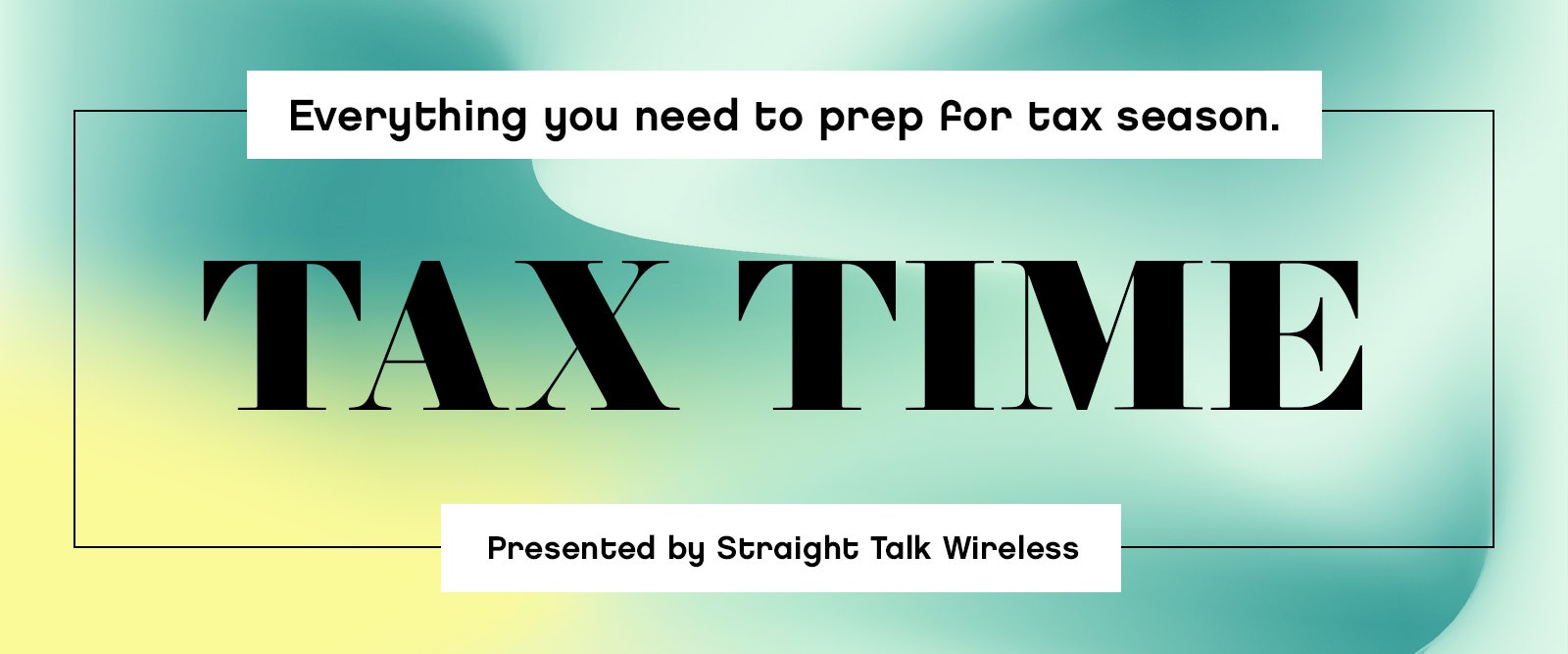
The only nice thing about doing your taxes: Unlike work assignments that you’ve put off to the last minute, with your tax return, you can always just ask for an extension. And with taxes, that extension will automatically be granted—no questions asked or creative excuses needed! It’s like a reminder that even the IRS has a secret warm-and-fuzzy side. Except … not really.
The tax extension application still has a little line where you fill in how much you owe in taxes—and they still expect to see that money by tax day. “The most important thing to know is that an extension is NOT an extension of time to pay, just the time to file,” says Kristen Keats, CPA, owner of Sherwood Tax & Accounting in Sherwood, OR. “So if you think you might owe money with your return, you’ll still need to send in payment now.”
You can do that by roughly calculating what you owe using the handy-dandy IRS tax estimation tool. (Aim to be as accurate as possible, since if you wildly under-estimate your income, you can end up paying interest on the difference later.) This inconvenient detail aside, don’t hesitate to file an extension, especially if the idea of getting all your tax paperwork done on time is causing serious anxiety. “There’s no reason to stress about getting your taxes done by April 15,” Keats says. “Filing an extension doesn’t increase your risk of being audited, and you’re not penalized for filing an extension, as long as you’ve sent payment.”
Another way to avoid penalties—because the last thing you need is to see your tax payment spike up—is to be sure to file your extension on time. Your electronic extension-request form needs to be filed by tax day. (Or if, for some absurd reason, you’re opting to use snail mail, your form should be postmarked by tax day.) This year, that’s actually April 18 for federal tax returns, because the IRS is closed on Friday, April 15 in observance of Emancipation Day in Washington, D.C. The IRS won’t process any forms filed after that date, so you best get on it, STAT. “If you don’t file for an extension on or before the April 18 deadline, you’ll be facing a late-filing penalty coupled with a late-payment penalty if you owe money, on top of the interest tacked onto that amount,” says Armine Alajian, CPA and founder of the Alajian Group in Los Angeles. In other words: tons and tons of no fun. Whereas filing an extension on time will instantly buy you a sweet six months—until October 17—to get your federal taxes filed. For state taxes, you’ll need to locate the correct form and confirm the exact extension due date; eFile has a handy list of state-by-state tax extension information.



